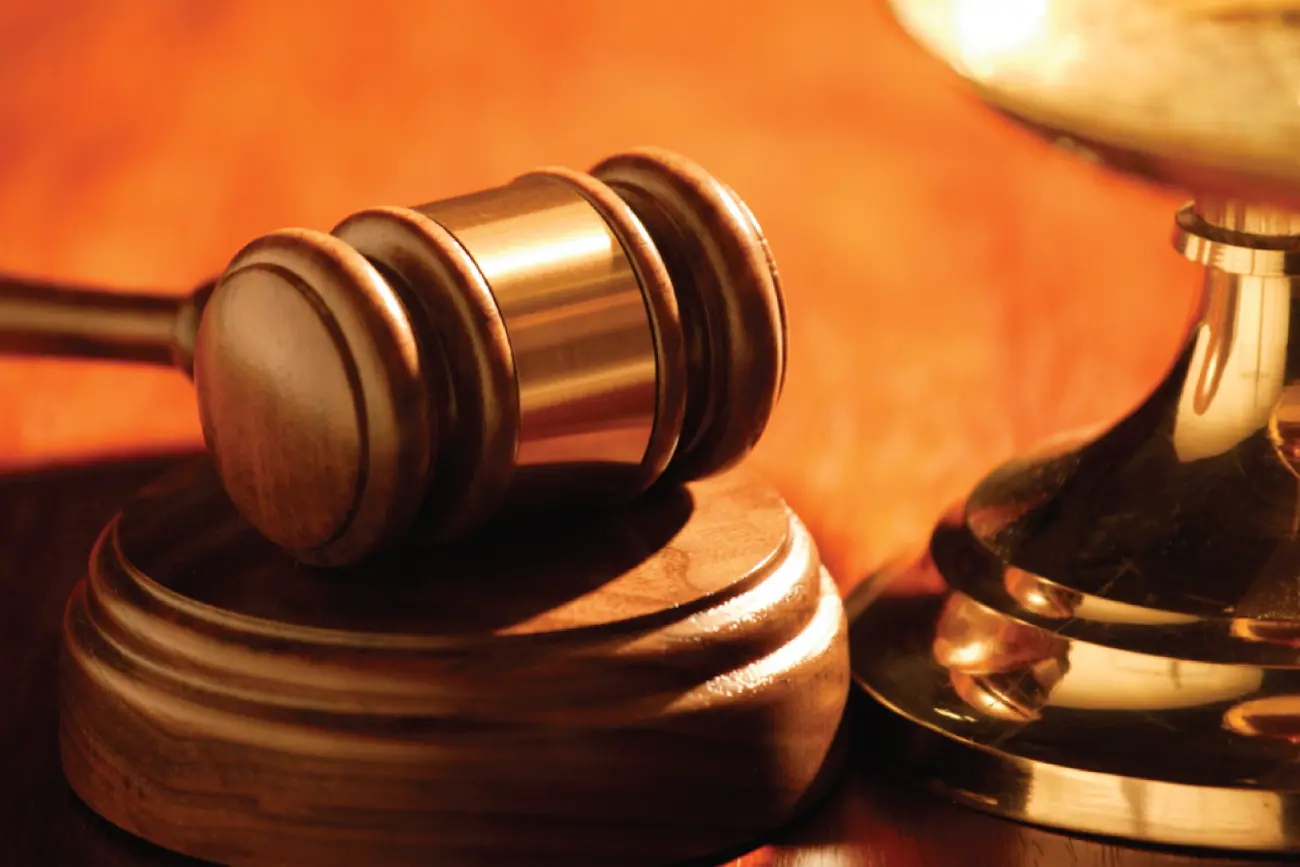
Caroline James
Business Day
ON MAY 1 last year, Swazi political activists Mario Masuku and Maxwell Dlamini attended a commemoration of May Day in Manzini, Swaziland. Masuku spoke about his desire for a multiparty democracy in Swaziland and Dlamini led the crowd in song, calling for the end of the political system that prohibits the participation of political parties in elections and permits King Mswati to unilaterally appoint just less than 30% of the members of the two houses of parliament.
The Swazi government saw their actions as a threat to peace, and they were arrested as they were leaving the venue and detained and charged under Swaziland’s sedition and terrorism laws. Their arrest came less than a week after seven of their colleagues were charged with the same offences after protesting outside the court where Thulani Maseko, a human rights lawyer, and Bheki Makhubu, a magazine editor, were facing contempt of court charges for writing articles critical of the judiciary, and two months after Maseko and Makhubu were detained.
These three cases have highlighted the inability of Swazis to exercise their right to free speech, and the experience of these activists after their arrest has brought home how dangerous it is to voice one’s opinion in a state where, despite the existence of a constitutionally protected right to free expression, laws that limit that right are in the hands of a repressive government, supported by a submissive judiciary.
Masuku and Dlamini have launched legal proceedings to challenge the constitutionality of the legislation under which they have been charged. They argue that the laws’ broad reference to conduct that threatens public order, allows authorities to use the provisions to suppress legitimate dissent, and that this is an unjustifiable limitation on rights to free expression and association.
But it is more than just the wording and the application of these laws that is cause for concern; the way in which the legal processes appear to have been manipulated is a damning indictment of the independence and quality of the judiciary. And it is this aspect that places activists such as Masuku and Dlamini in a precarious position, because if they cannot rely on the courts for protection, they have nothing left to turn to.
Just last month, MPs raised their concerns about judges’ impartiality by questioning the justice minister on the manner in which cases are allocated in the high court. The MPs were concerned that it was becoming predictable that a set group of judges would hear all cases with a political slant, and that judgments that favoured the government would invariably result.
For activists such as Masuku and Dlamini, the consequence is that their cases will be heard by a judge that is overtly sympathetic to the government. The extent of the chief justice’s power, and the other judges’ compliance, was underscored in Masuku and Dlamini’s bail application last November. Despite it being put on the duty judge’s roll, they were told that their matter had been transferred to another sitting judge. That judge then told Masuku and Dlamini that the chief justice had instructed him to not hear their application, and that it would not appear in court until Judge Mphendulo Simelane, widely perceived as the chief justice’s lackey, was able to hear it.
Sure enough, the following week, Simelane heard the application and refused it. Masuku and Dlamini have lodged an appeal, which was due to be heard next month. However, the sitting of the supreme court has been postponed indefinitely following the arrest warrant issued against the chief justice.
The situation facing the two, with their liberty at the mercy of a judiciary focused more on gratifying its superiors than upholding fundamental human rights and adhering to legal principle, is a perfect illustration of how vulnerable individuals become when the judiciary loses its neutrality and becomes unwilling to uphold the laws of a state.
- James is freedom of expression lawyer at the Southern Africa Litigation Centre.
http://www.bdlive.co.za/opinion/2015/04/30/swazi-judiciary-leaves-activists-in-lurch



